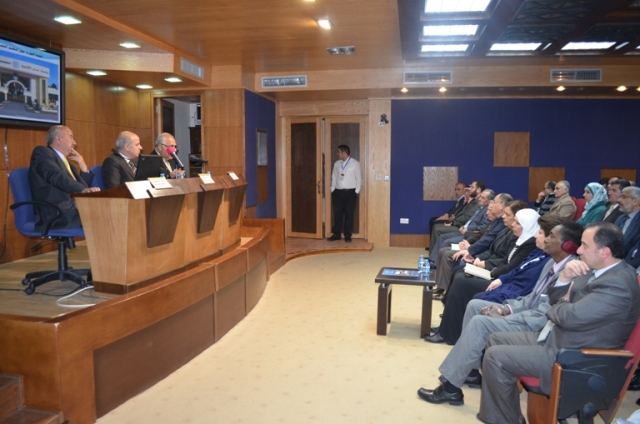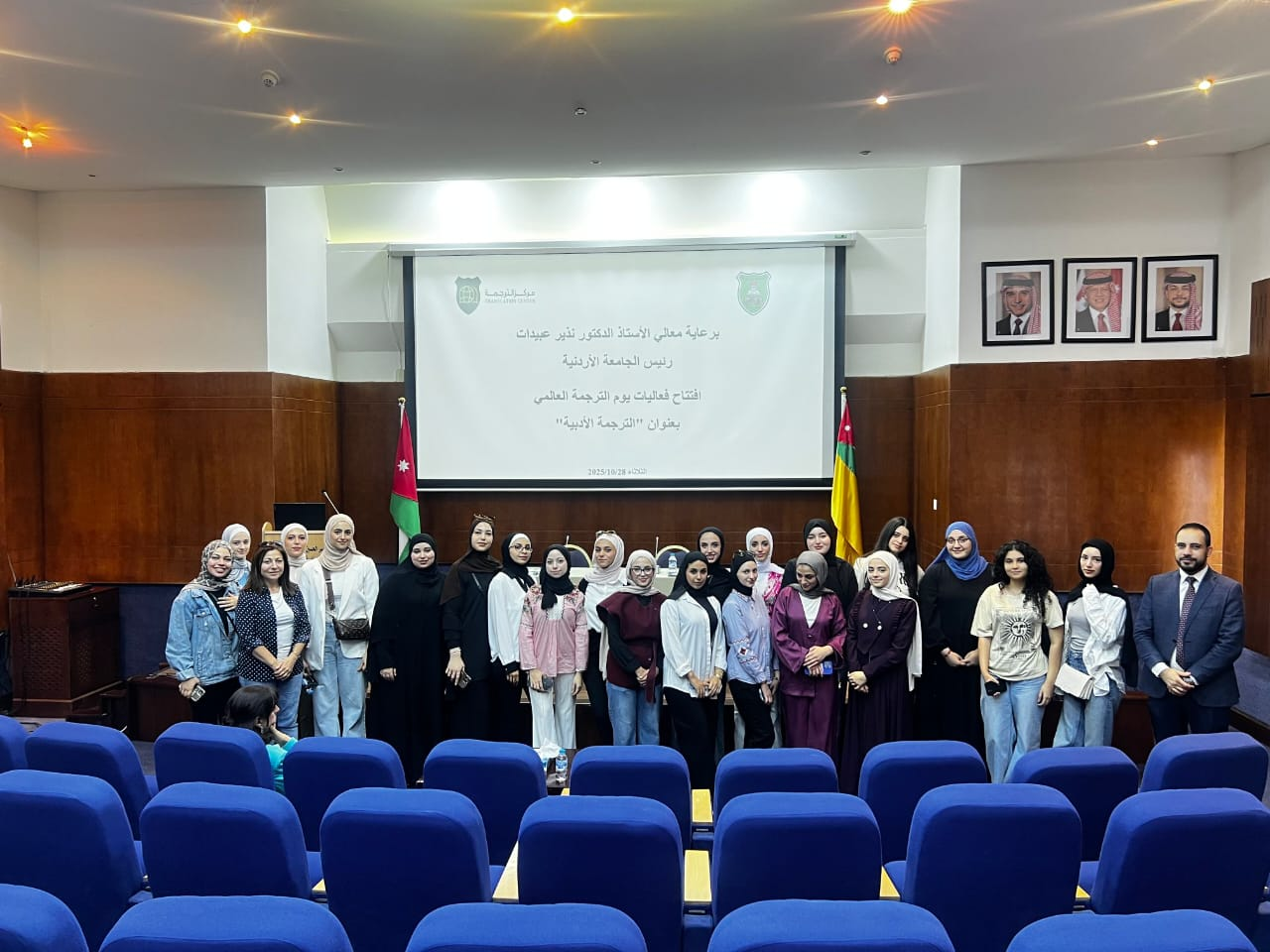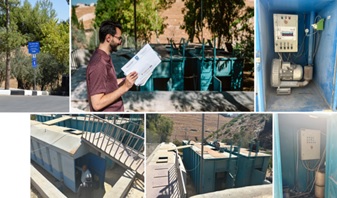Al-Ahliyya Amman University

02 March 2014
Al-Ahliyya Amman University hosts “Technical Education and Labor Market Requirements” Seminar
The Administrative Body of the Jordanians Academics Association organized “Technical Education and Labor Market Requirements” Seminar on Al-Ahliyya Amman University campus. The seminar was chaired by Prof. Dr. Ahmed Nusseirat, President of Ajloun University, and was attended by Prof. Dr. Sadeq Hamed, President of Al-Ahliyya Amman University, Prof. Dr. Abdullah Ababneh, Director of the National Center for Human Resource Development, a number of faculty members and administrative staff of Al-Ahliyya Amman University, and members of the Association.Dr. Sadeq Hamed inaugurated the seminar and explained the general concepts related to vocational and technical education provided by technological institutes, universities, and community colleges. In his speech, Dr. Hamed indicated that there are multiple authorities that oversee technical education, including the Ministry of Social Development, Ministry of Labor, Ministry of Education, and Ministry of Higher Education. This issue poses great challenges to this field. Dr. Hamed enumerated the disadvantages of having numerous supervising bodies. These disadvantages include: lack of consistent standards for educational and training programs that determine the scientific and training content for each program, and the scientific criteria that require advanced expertise and knowledge of the international education and training systems. This in turn imposes the need for an advanced central body and a single reference. Other disadvantages of having multiple supervision bodies include poor financial recourses available to the technical education; poor development of human expertise; and duplicate programs. Dr. Hamed outlined the controversy over technical education in Jordan and the means to expand the technical education base. Among these means are overcoming the perceived deficiency in the higher education systems, and the inability of these systems to meet development needs, labor market requirements, the economic and social necessities of the population, and technology trends in the human development areas. There is need for a labor force that is equipped with comprehensive education, knowledge, and skills to be qualified for the labor market and to cope with the tremendous change in the means of production, as well as the technological developments. General education should be linked to vocational and technical education in order to develop the mental and physical capabilities of young people, he added. At the end of his speech, Dr. Hamed outlined the most important future strategies aimed at supporting technical education and labor market requirements.Dr. Abdullah Ababneh reviewed the results of formal education, its relevant legislation, and the requirements of the various development sectors. He indicated the concept of the labor force and the most prominent indicators and data of the Jordanian labor force, including the employed and unemployed numbers for 2013. Dr. Ababneh outlined the natural characteristics and development of the labor force. Dr. Ababneh concluded his speech by giving an overview of the reality of human resources and the mechanism for human resources development planning in line with the labor market.At the end of the seminar, the audience engaged in dialogue and discussion with the speakers. Dr. Sadeq Hamed and Dr. Abdullah Ababneh responded to the audience questions and interventions.





